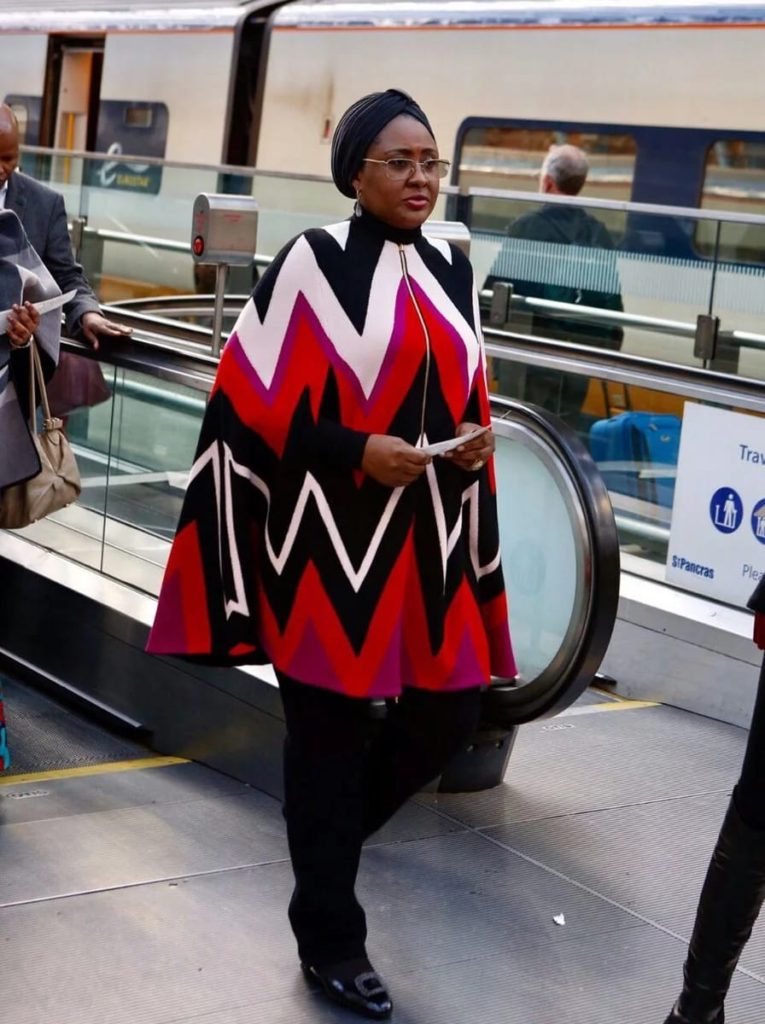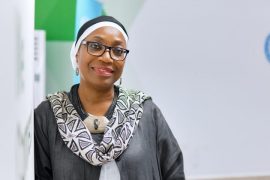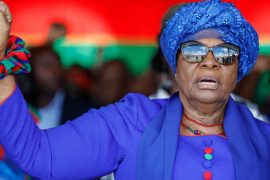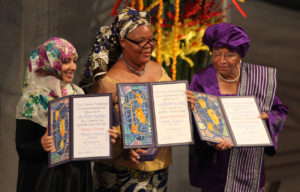
By Ehis Ayere for Amazons Watch Magazine
“I don’t know which party my wife belongs to, but she belongs to my kitchen and my living room and the other room.” Nigerian President Muhammadu Buhari said, reacting to his wife, Mrs Aisha Buhari’s call in a BBC interview for the President to shake up his government. As reported by media, Mrs Buhari In her words, “I am not a government official, but in my opinion as a woman, a mother, what I think is it is well known that the first 4 years are not going to be easy.
Firstly, it was people that brought the government into power. More than half of those people are not appointed into the government. Some people that are not politicians, not professionals were brought into the government. They don’t even know what we said we want and what we don’t during the campaign.” This was simply a heartfelt response from a woman and mother to the state of governance in the country led by her husband“.
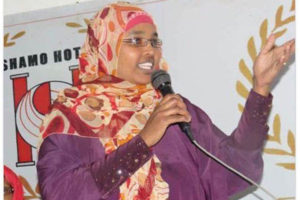
Mixed reactions have been trailing the reactions of the President. It may be from his cultural or religious background. It may be just a statement to rebuff what his wife said about his government. Whatever it is and for whatever purpose it was said, the role of the African woman in the society of today is indeed beyond the “kitchen and the other room’. And it would not be right to describe a woman of Africa as good only for the “kitchen and the other room” at the society and family level.
In today’s Africa, women have risen to the top echelon of leadership in business and governance. It is pertinent to mention Mrs. Ellen Jonhson Sirleaf, the first female African president, who leads Liberia, since 2006, out of civil conflict and has positioned the country on the path of growth and development. Remarkably, in recognition of her role in promoting peace, democracy and gender equality, President Sirleaf was awarded the Nobel Peace Prize in 2011. And five months ago, the United Nations Security Council terminated an arms embargo on the country, acknowledging and commending the sustained progress made by the government of Liberia in rebuilding the country for the benefit of the citizenry.
President Catherine Samba-Panza of Central African Republic, President Joyce Banda of Malawi, and the number of female parliamentarians across the continent; are women and mothers who have dedicated their lives to public service, promoted peace and security, fostered democracy and strong institutions, enhanced inclusive development and gender parity, and spurred economic growth and development in their respective countries of Africa. They have proven beyond doubts that the African woman is strong and enterprising and has always been the pillar of support in the continent, beyond the “kitchen and the other room”.
Laudably, another woman has stepped into governance in Africa. She is Mrs Zamzam Dahir Mohamoud. Mrs Mohamoud has recently been elected the first female member of Somalia’s Upper House, winning the race against Ms Faduma Moalim Omar, another woman in a contest which was for one of the eight seats reserved for women in the 54-member Upper House. The provisional Constitution of Somalia- an Upper House and a Lower House of 275 members. On November 30, the two chambers will expectedly elect the President of Somalia, of which Mrs. Fadumo Dayib is running as the Somali’s first female presidential candidate.
With the role women continue to play in the continent and the impact they have made in improving the lives of the people, more concerted efforts should be made by governments to build inclusive institutions that provide equal opportunities to all. In the words of Hillary Clinton, an American politician and Presidential candidate of the United States’ 2016 election, “It is past time for women to take their rightful place, side by side with men, in the rooms where the fates of peoples, where their children’s and grandchildren’s fates, are decided. There cannot be true democracy unless women’s voices are heard. There cannot be true democracy unless women are given the opportunity to take responsibility for their own lives. There cannot be true democracy unless all citizens are able to participate fully in the lives of their country.

